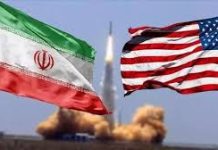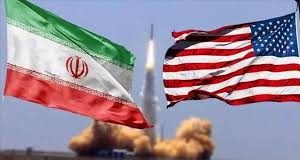The International Monetary Fund (IMF) has forecasted that Nigeria’s economy will reach $1.85 trillion by 2029 in terms of Purchasing Power Parity (PPP). This projection highlights a significant growth trajectory for Nigeria over the next five years.
According to IMF data obtained by PUNCH Online, Nigeria’s GDP in PPP terms has shown a steady increase, rising from $1.36 trillion in 2023 to a projected $1.85 trillion by 2029. GDP (PPP) is a measure that adjusts for differences in price levels between countries, providing a more accurate comparison of economic activity across nations.
The IMF predicts an annual growth rate of about 5.5% for Nigeria’s economy by 2029, reflecting a positive economic outlook. Additionally, Nigeria’s share of global GDP based on PPP is expected to rise slightly from 0.77% in 2023 to 0.78% in 2029. This indicates a steady, albeit gradual, growth trajectory for the country.
Economists attribute this optimistic forecast to Nigeria’s efforts to diversify its economy, invest in infrastructure, and attract foreign investment. Despite facing significant challenges such as the 2020 recession caused by the COVID-19 pandemic and a decline in oil prices, Nigeria has shown resilience and adaptability.
Shadrach Israel, an economist, commented on the IMF report, stating, “The government’s reforms and initiatives have contributed to the country’s economic growth.” This sentiment reflects the broader view that Nigeria’s strategic policies are beginning to bear fruit.
Historical GDP Trends
The trend of Nigeria’s GDP in PPP terms over recent years underscores this recovery and growth:
- 2024: $1.44 trillion
- 2025: $1.51 trillion
- 2026: $1.587 trillion
- 2027: $1.67 trillion
- 2028: $1.759 trillion
This consistent growth highlights the effectiveness of Nigeria’s economic policies and its potential for future prosperity.
The IMF’s projection of Nigeria’s economic growth is a positive indicator for the country’s future, suggesting potential for increased economic prosperity and development. As Africa’s largest economy, Nigeria’s growth will not only impact the nation but also contribute significantly to the overall economic stability and growth of the region.
With continued reforms and strategic investments, Nigeria is well-positioned to achieve this projected economic milestone, fostering an environment conducive to sustainable development and improved living standards for its population.













